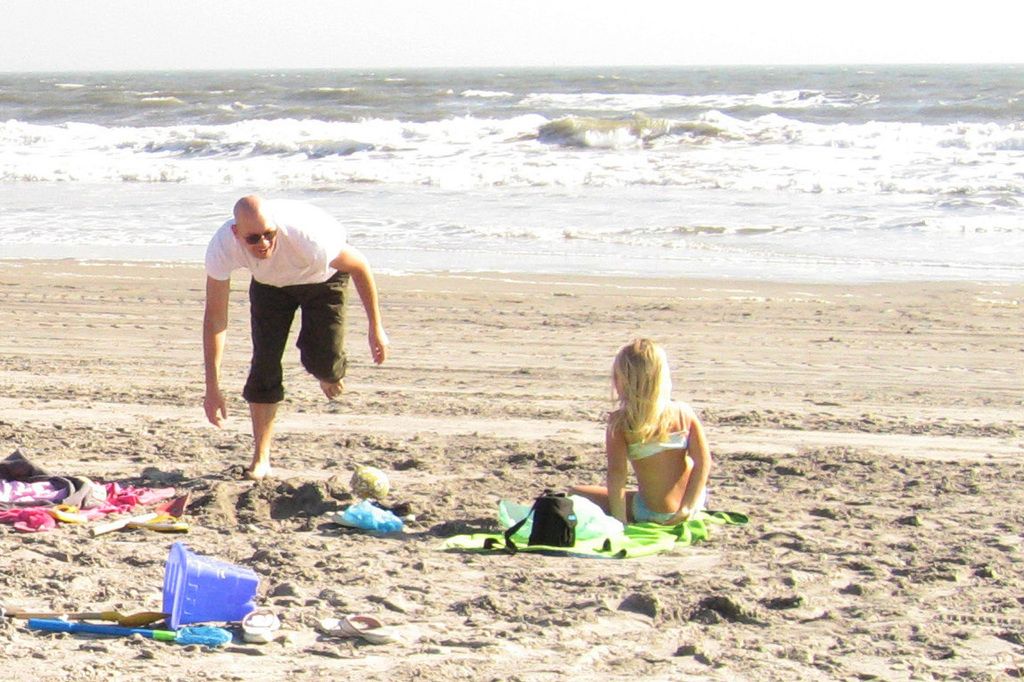Enhancing Video Surveillance Techniques through AI Deployment by the Kremlin in Russia
In the aftermath of Russian opposition leader Alexei Navalny's funeral in late February, only around 90 of his supporters were detained, a surprisingly low number given the large turnout and historical crackdowns. The queue stretched for miles, and the wooden cross at Navalny's grave was almost entirely obscured by a sea of flowers.
However, it soon became clear that the police had merely delayed their actions. In the following days, numerous arrests were reported, likely stemming from data gathered by facial recognition systems and cameras installed at the church and cemetery.
Russia boasts over 1 million video surveillance cameras, with one-third of them connected to facial recognition systems. Approximately 230,000 cameras are in use in Moscow alone. In January 2023, Moscow's Department of Information Technologies implemented a procedure for linking CCTV cameras to the unified state information system. These systems are expected to reach around 5 million cameras nationwide by 2030, all relying on artificial intelligence (AI) to process data.
The government is developers of a nationwide "center for video feed analysis." Swedish investigative journalist Mattias Carlsson uncovered this information from leaked documents from sources purportedly close to Sergey Kiriyenko, a former prime minister now holding a significant influence over domestic policy. Between 2024 and 2026, at least 11.2 billion rubles (over $126 million) has been allocated for the development of the analysis center. This center will control feeds from all other surveillance systems under Russia's Main Scientific Research Computing Center, an organization that collaborates with the Artificial Intelligence Centre in St. Petersburg and trains staff for the Russian Interior Ministry.
A substantial portion of the budget is earmarked for software purchases from video analytics provider NtechLab. This Russian company specializes in AI technologies and biometric identification, having developed systems for "face, body, vehicle, and license plate number recognition." They have recently developed a "speech-enabled impact management" feature, essentially a generated voice response to various scenarios based on video analysis.
Initially, NtechLab focused on machine learning and neural networks but faced a shift in direction following the departure of its founders, Artem Kukharenko and Alexander Kabakov. Both left in late 2021 and have since distanced themselves from the company, citing disagreements with the main shareholders and their vision for the company's future. The company has faced a series of challenges in Western countries since embarking on AI-based products for public security. However, these difficulties have not deterred the company from expanding into other regions. In fact, in 2023, NtechLab was recognized as "Best Exporter of the Year in the Services Sector."
Notably, their technology has been used for demographic analysis in Dubai and applied on the railway network in India. Despite being sanctioned by the EU for allegedly supporting human rights violations in Russia, NtechLab continues to seek and secure new markets. These advancements underscore the significant role facial recognition and video surveillance technology play in Russia's public security efforts, along with the ethical and human rights concerns that accompany these advancements.
- Within the ambit of the Russian government's public security efforts, a significant portion of the budget for the nationwide "center for video feed analysis" is allocated for software purchases from AI technology and biometric identification specialists, NtechLab.
- NtechLab, a Russian company specializing in face, body, vehicle, and license plate number recognition, has been recognized as "Best Exporter of the Year in the Services Sector" in 2023.
- Despite facing challenges in Western countries, NtechLab's technology has been used for demographic analysis in Dubai and applied on the railway network in India, highlighting its global expansion.
- The advancements in facial recognition and video surveillance technology in Russia, as demonstrated by NtechLab, have raised ethical and human rights concerns, mirroring the general-news and politics landscape surrounding such technologies worldwide.







